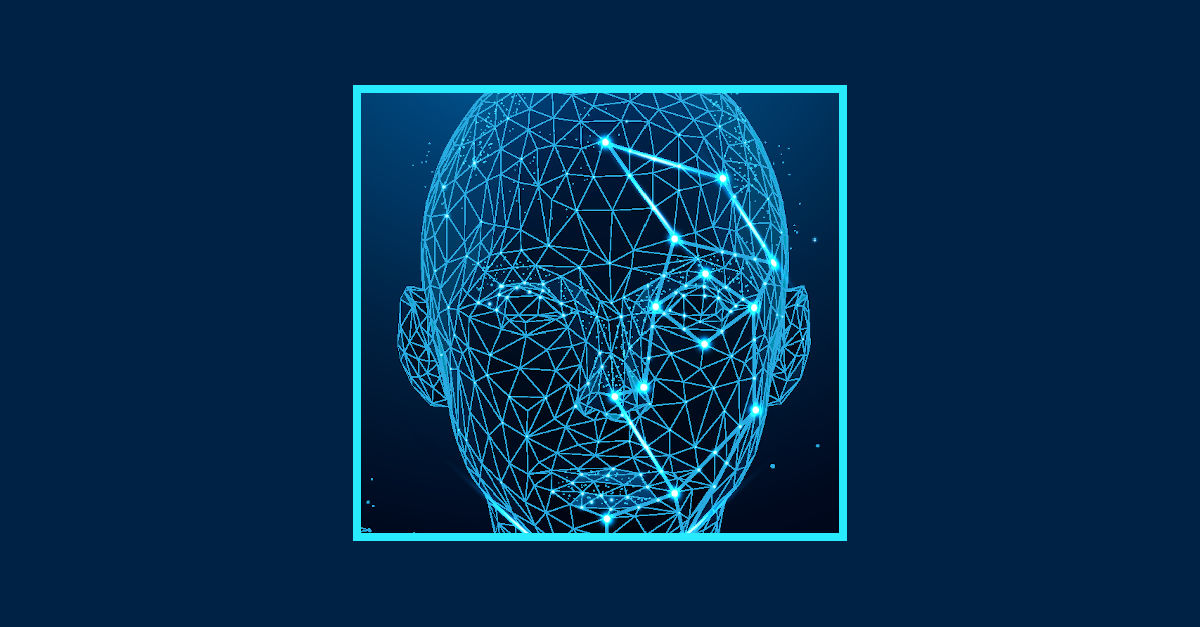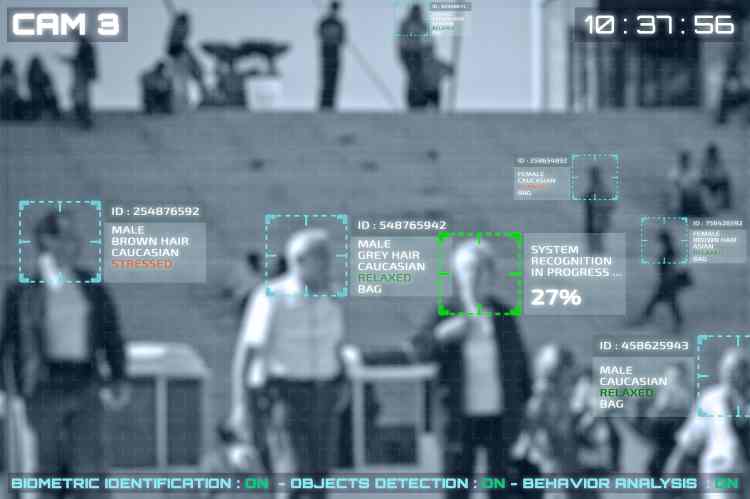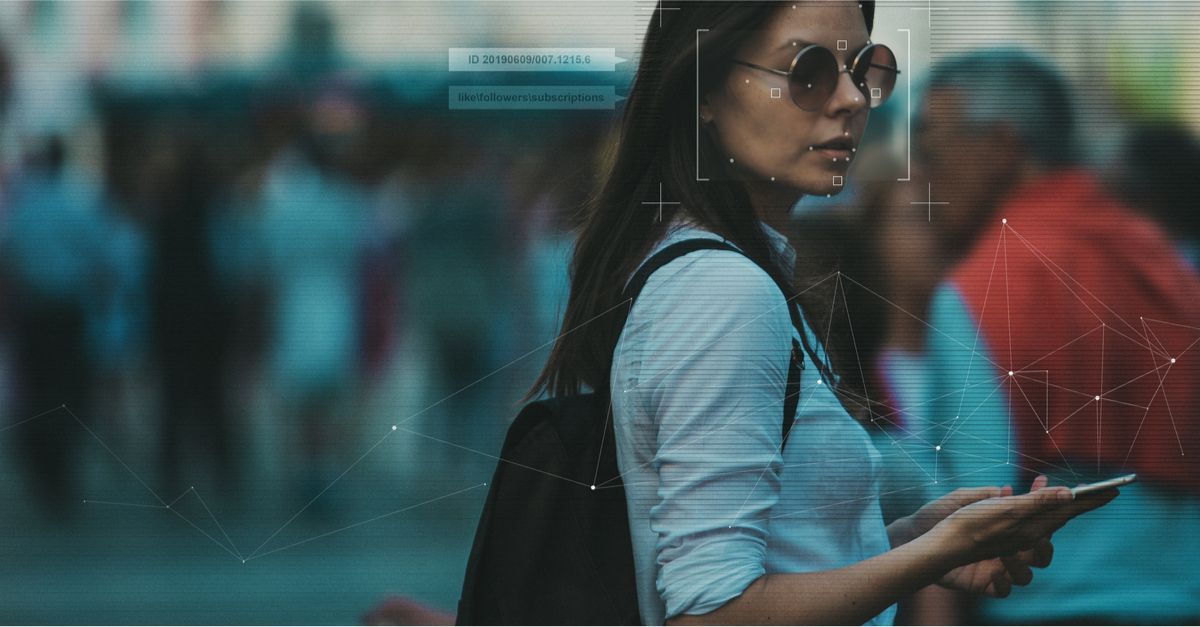Security News

US facial recognition technology firm Clearview AI illegally conducted mass surveillance in breach of Canadians' privacy rights, Canada's privacy commissioner said Wednesday following an investigation. "What Clearview does is mass surveillance and it is illegal," Privacy Commissioner Daniel Therrien told a teleconference.

The facial recognition company that everyone - or at least a large chunk of everyone - loves to hate, Clearview AI, is to get yet another day, and perhaps very much longer than that, in a Chicago courtroom. Clearview AI is a new research tool used by law enforcement agencies to identify perpetrators and victims of crimes.

The U.S. citizens'-rights watchdog organization has filed suit in the Circuit Court of Cook County in Illinois against Clearview AI, on behalf of a number of organizations comprised of vulnerable communities-such as survivors of sexual assault or domestic violence and undocumented immigrants-for violating the the Illinois Biometric Information Privacy Act. Clearview has been collecting what are called "Faceprints," or unique biometric identifiers similar to someone's fingerprint or DNA profile, and then selling them to "Private companies, police, federal agencies and wealthy individuals, allowing them to secretly track and target whomever they wished using face recognition technology," ACLU Staff Attorney Nathan Freed Wessler wrote in a blog post published Thursday.

Clearview AI - the web-scraping, faceprint-amassing biometrics company that's being sued over collecting biometrics without informed consent - says it's no longer going to sell access to its program to a) private entities or b) any entity whatsoever that's located in Illinois. Clearview AI founder and CEO Hoan Ton-That has claimed that the results are 99.6% accurate.

Clearview AI, the controversial facial recognition startup that's gobbled up more than three billion of our photos by scraping social media sites and any other publicly accessible nook and cranny it can find, has lost its entire list of clients to hackers - including details about its many law enforcement clients. Clearview, which has sold access to its gargantuan faceprint database to hundreds of law enforcement agencies, first came to the public's attention in January when the New York Times ran a front-page article suggesting that the "Secretive company [] might end privacy as we know it."

The New York Times has a long story about Clearview AI, a small company that scrapes identified photos of people from pretty much everywhere, and then uses unstated magical AI technology to identify people in other photos. His tiny company, Clearview AI, devised a groundbreaking facial recognition app.